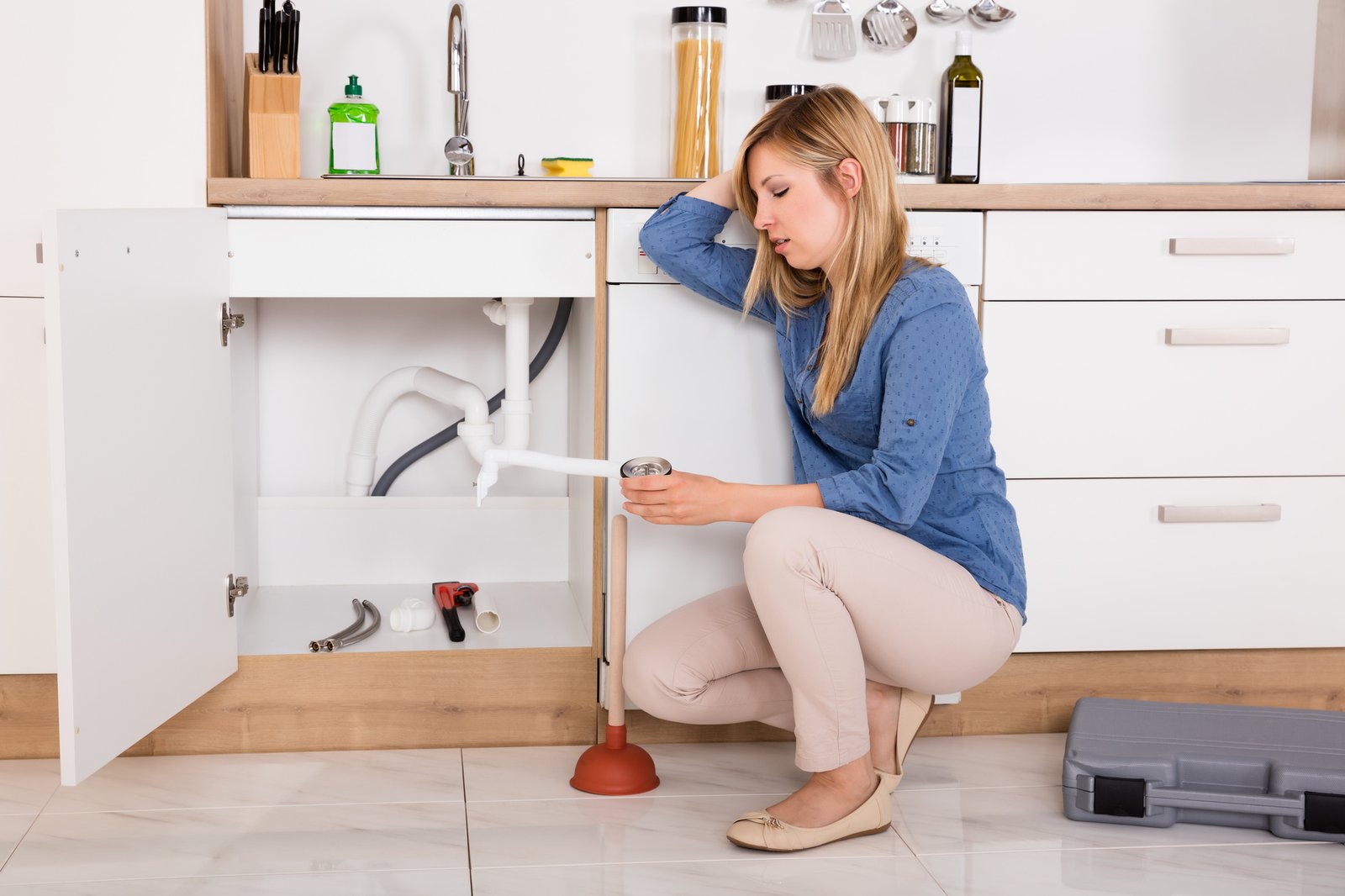Table of Contents
Are you facing a plumbing problem that you can’t seem to get under control?
You expect the plumbing in your home to be the invisible force that keeps your house running smoothly. When something does go wrong, you may feel like you’re in a strange, scary world full of foreign lingo.
What exactly are you looking for when you suspect something’s wrong with your plumbing? And how can you use your intuition to determine whether you need a plumber?
We’re here to show you the signs of common plumbing problems. Keep reading to learn more!
1. Clogged Drains
Clogged drains are one of the most common problems and can be caused by a variety of things. build-up of soap scum, grease, hair, and other materials. To prevent this problem, be sure to clean your drains on a regular basis and use a drain strainer to catch any potential clogs.
2. Leaking Pipes
Leaking pipes can occur for a variety of reasons, such as loose fittings, holes or cracks in the pipes, or corrosion. Kitchen appliances connected to your lines, like a dishwasher, will be affected, and repairing your dishwasher is another problem altogether compared to a leaking pipe.
If you suspect that there is a leak in your pipes, it is important to have it fixed as soon as possible to avoid further damage.
3. Low Water Pressure
If you’re experiencing low water pressure, there are a few possible explanations as to why it is happening. A clogged aerator is a common issue that’s easy to fix.
Simply remove the aerator, clean out any debris, and reattach it. If that doesn’t solve the problem, it could be a sign of a more serious issue like a water leak or a broken water line.
If you suspect a leak, it’s important to call a plumber right away. A broken water line can cause major damage to your home and should be repaired as soon as possible.
4. Faucet Drips
A faucet drip can be caused by a number of things, such as a worn-out washer, a loose packing nut, or even a cracked faucet. If you notice a faucet drip, it’s important to take action right away and have it repaired by a professional.
Otherwise, the drip can waste a lot of water and increase your water bill.
5. Toilet Leaks
A toilet leak can be a big problem because it can waste a lot of water. Toilet leaks can also damage the floor around the toilet.
If you think your toilet is leaking, check for water on the floor around the toilet. You can also check the tank to see if it is leaking. If your toilet is leaking, you should call a plumber to fix it.
6. Overflowing Sinks
One of the most common plumbing issues that homeowners face is an overflowing sink. This can happen for a number of reasons, but the most common is a clogged drain.
When a sink’s drain becomes clogged, water can no longer properly flow down the drain and will instead begin to back up into the sink. This can quickly lead to an overflowing sink.
Another common cause of an overflowing sink is a faulty P-trap. The P-trap is a U-shaped pipe that is located under the sink. This pipe is responsible for keeping water from flowing back up the drain.
If the P-trap becomes damaged or dislodged, water can begin to back up into the sink, causing it to overflow.
7. Water Heater Issues
Over time, water heaters can develop sediments that can clog the tank and reduce its efficiency. In addition, the anode rod in the water heater can corrode, which can also lead to problems.
If you notice any leaks or unexpected changes in your water heater’s performance, it’s important to have a professional take a look at it to ensure that it’s safe and functioning properly.
How to Prevent Common Plumbing Problems
There are many common plumbing problems that you should be aware of and take steps to prevent. First, make sure that all of your pipes are properly insulated to prevent freezing.
Second, be sure to regularly check for leaks in your pipes and faucets and have them repaired as soon as possible. Third, don’t pour grease or oil down your drains as this can lead to clogs.
Fourth, keep an eye out for slow draining or backing up toilets, as these will lead to blockages in your system. Finally, have your septic tank pumped every few years to prevent it from becoming overloaded.
By taking these simple precautions, you can avoid many common plumbing problems.
When to Call a Professional Plumber
Many common plumbing problems can occur in any home, and it is important to know what to look for and when to call a professional plumber.
Some common problems include leaking pipes, clogged drains, and low water pressure. The homeowner can often fix these problems, but if left unchecked, they can lead to more serious issues.
If you notice any of these problems, it is best to call a plumber to resolve them.
Be Proactive and Not Reactive
If you’re having plumbing problems, or are noticing signs that something might be wrong, be sure to look out for these common issues. Knowing what to look for can save you a lot of time, money, and headache down the road.
If you’re unsure what the problem is or how to fix it, call a professional. The professionals will be able to help you diagnose and fix the issue quickly and efficiently.
If you enjoyed this article, keep reading our blog posts for more great content!

